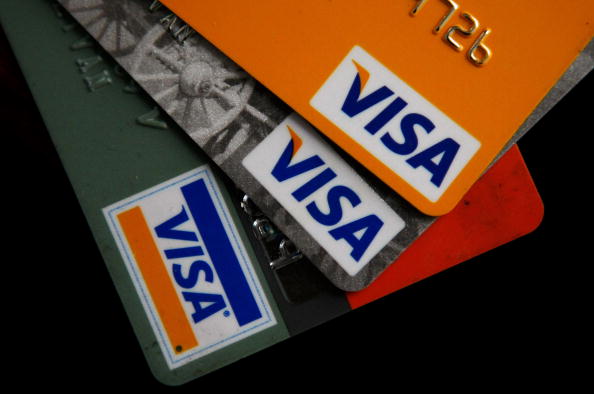Brits splash on the plastic to uphold spending amid cost of living squeeze

Brits are scrambling to take on debt to maintain spending amid one of the tightest cost of living crises in a generation, new figures released today reveal.
Soaring prices and weak pay growth are making it tougher for households to maintain their existing lifestyles, strengthening incentives to use credit cards to plug budget gaps.
Data released by the Bank of England today reveals credit card lending jumped £1.5bn over the last month, up from a net repayment of £400m of credit debt in January.
Inflation is running at its highest rate since 1992 in the UK, scaling to 6.2 per cent.
Wages are not keeping pace with the pace of price rises, meaning Brits cannot buy the same quantity and quality of goods and services.
The figures indicate “consumers are increasingly borrowing more to protect their lifestyles from the surge in inflation,” Thomas Pugh, economist at RSM UK, said.
He added that he expects to see “higher borrowing and lower saving over the rest of the year as the cost-of-living crisis starts to bite”.
Inflation may peak around nine per cent this autumn driven by the energy watchdog hiking the cap on bills again, according to the government’s fiscal watchdog, the Office for Budget Responsibility.
Typically, a jump in credit card spending suggests consumers are confident enough in their finances and the wider economy to take on debt, indicating demand is strong, leading to a boost in economic growth.
However, the present rise in consumer credit is likely being driven by households turning to more risky forms of borrowing to protect their living standards.
The rise in overall consumer credit borrowing was the highest since April 2018, according to Samuel Tombs, chief UK economist at Pantheon Macroeconomics.
Analysts have bet on Brits running down their pandemic-induced savings to hold up consumer spending.
However, Tombs is more pessimistic.
“The recent sharp fall in the consumers’ confidence… suggests that households will run down these savings only cautiously over the next year,” he said.
According to GfK, consumer confidence dropped to minus 31 this month.